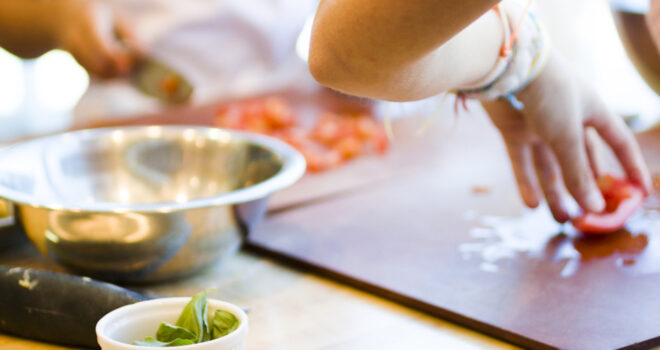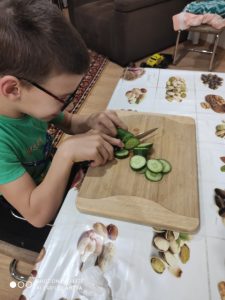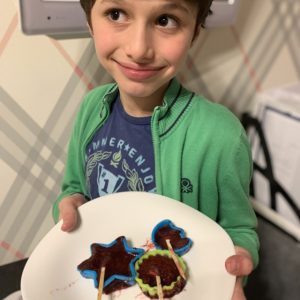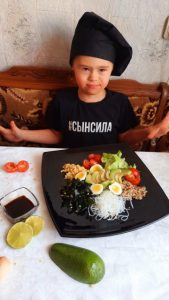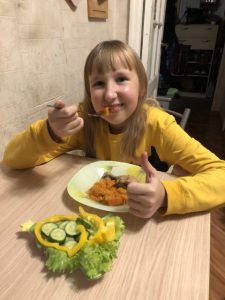The Louis Bonduelle Foundation has joined forces with the “League of Dreams” to organise a culinary festival for disabled children aimed at promoting healthy eating habits to battle obesity in Russia, and to give children the chance to win free sports lessons.
Obesity: a major health problem in Russia
The adult obesity rate in Russia has doubled in just eight years. In 2017, 1.3% of the overall population of Russia was declared clinically obese, and the rate of childhood obesity in the country is also rising fast. Indeed, the number of overweight minors has increased by 30% since 2005, and the tendency is rising with age. According to the Federal Research Centre of Nutrition and Biotechnology, 60% of women and 50% of men over the age of 30 are overweight (2019).
Why are these figures on the rise? The Russian authorities claim the main problem is the lack of awareness, both during childhood and afterwards. Russians’ bad dietary habits, singled out by researcher Angela Tarassenko, also increase the risk of obesity. The Russian diet is too salty, sweet and lacking in fibre. These problems, coupled with a decline in sports, lead to a lifestyle conducive to being overweight and obese.
Encouraging a healthy diet to win free sports lessons
To tackle this phenomenon, the Louis Bonduelle Foundation has joined forces with the Russian association “League of Dreams”. Their aim is to raise awareness and to educate children about plant-based nutrition. “Children are our future. It is really important for them to create healthy eating habits in order to develop properly. It is particularly hard to get them to eat vegetables and fish, which is why the Louis Bonduelle Foundation is working to promote a balanced, plant-based diet,” underlines Galina Laurent, head of the Louis Bonduelle Foundation in Russia.
To do this, the two associations developed a culinary festival around plant-based food, aiming to promote healthy, plant-based nutrition and to give children the chance to win free sports lessons (skiing, rollerblading and climbing). The children had to prepare a dish in line with the principles of the “ideal plate for a healthy diet”, as spelled out in the White Paper: Plant-based food to respond to global challenges as well as the recommendations of the WHO, and to post a photo on the festival’s platform. The first 50 participants won three days of sports. “The aim of our culinary festival is to promote healthy eating among children with disabilities because their food system is weaker. We also want to show them that a healthy plate is not only good for their health, but can also be tasty and balanced,” said Galina Laurent.



 Carott
Carott  Artichoke
Artichoke  Vegetable garden: growing pumpkin
Vegetable garden: growing pumpkin 









